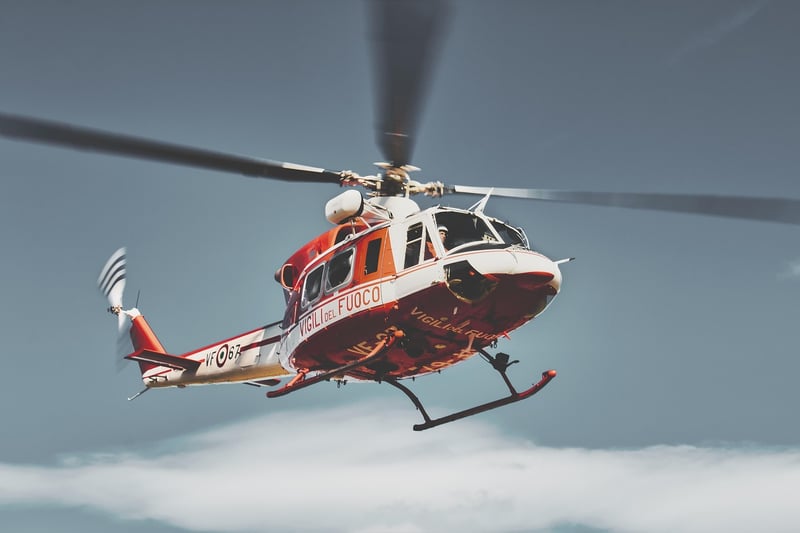Emergency Plans
Stay Prepared: Emergency Plans
Emergencies can happen at any time, so being prepared is crucial. Creating an emergency plan can help you and your loved ones stay safe and mitigate potential risks. Here are some essential tips to help you develop effective emergency plans:
1. Identify Potential Risks
Start by identifying the potential risks in your area. This could include natural disasters like earthquakes, hurricanes, or floods, as well as other emergencies such as fires or power outages.
2. Create a Communication Plan
Establish a communication plan with your family or household members. Make sure everyone knows how to reach each other during an emergency, including an out-of-town contact person.
3. Prepare an Emergency Kit
Put together an emergency kit that includes essentials such as water, non-perishable food, medications, first aid supplies, and important documents. Make sure to regularly check and update the contents of your kit.
4. Know Your Evacuation Routes
Familiarize yourself with evacuation routes in your area. Plan multiple ways to evacuate in case one route is blocked. Practice evacuation drills with your family so everyone knows what to do in an emergency.
5. Stay Informed
Stay informed about potential emergencies by signing up for alerts from local authorities or using emergency alert apps. Follow reliable sources of information to receive updates and instructions during a crisis.
6. Help Your Community
Consider getting involved in community emergency preparedness efforts. Attend training sessions, volunteer with local organizations, or participate in drills and exercises to help strengthen community resilience.
7. Review and Update Regularly
Regularly review and update your emergency plans to ensure they remain relevant and effective. As circumstances change or new risks emerge, make necessary adjustments to your plans and preparations.
By following these steps and staying prepared, you can enhance your safety and resilience in the face of emergencies. Remember, it's better to be over-prepared than caught off guard when disaster strikes.

Image Source: Pixabay
